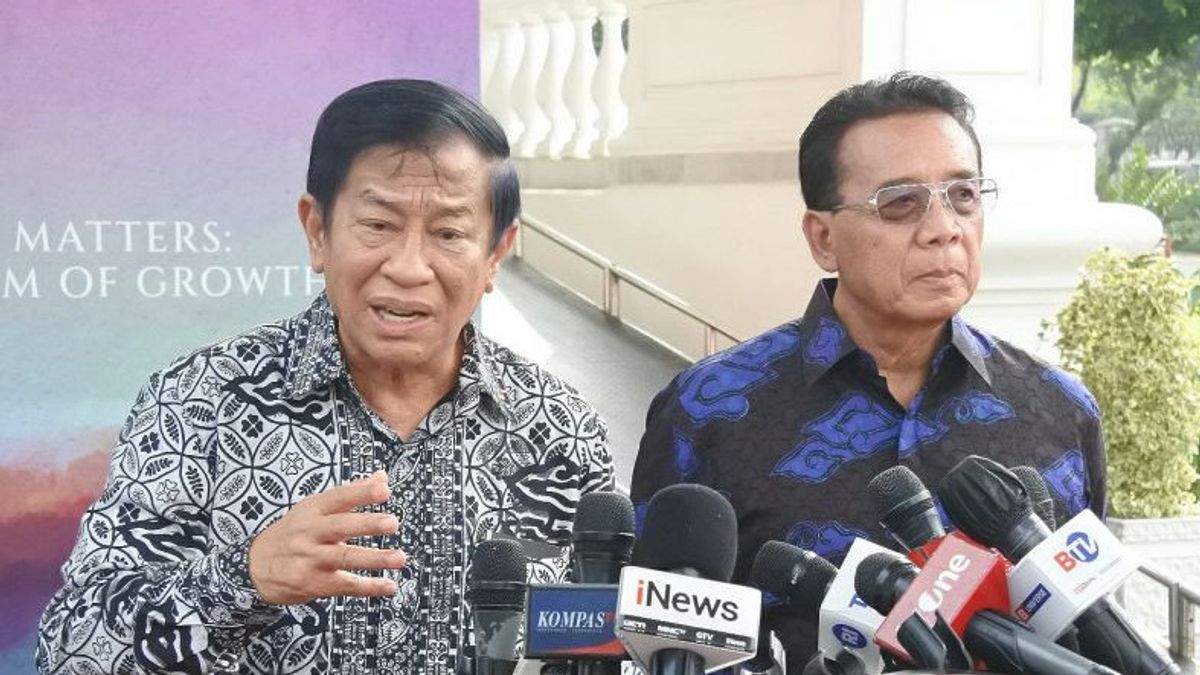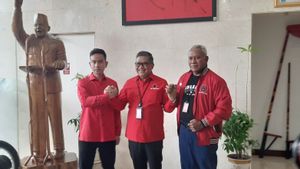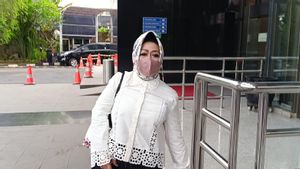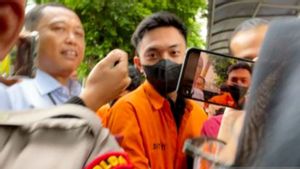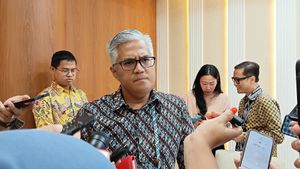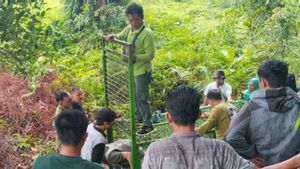JAKARTA - General Chairperson of the DPP Association of Retired and Warakawuri TNI and Polri (Pepabri) General TNI (Ret.) Agum Gumelar said that the placement of active soldiers in civilian institutions must have a demand from these civilian institutions.
"In the past, there were members of the TNI who were assigned to civil office, it was an assignment, there was a work in the TNI. This assignment is basically a request," said Agum in the Presidential Palace, Jakarta, as reported by ANTARA, Monday, May 22.
Agum gave an example of the placement of active TNI soldiers in local governments in the past due to requests from local communities that were submitted in stages through the Korem, Kodam, to the TNI Headquarters.
"If you say in one district, the people have aspirations that the regent is a military, this processing is submitted to the Korem, submitted to the Kodam, submitted to the TNI Headquarters," he said.
According to Agum, TNI Headquarters cannot place active soldiers in civilian institutions without any requests.
However, Agum also admitted that the request for placement of active TNI soldiers in the past was often engineered. "That's wrong," he added.
If there is no request from civilians, the TNI Headquarters should not send active soldiers to serve in civilian institutions.
"If there is no request, don't try to give it or send the TNI to send someone there. That's wrong. That's what the people were cursing at at at that time, as if that was their function," he said.
Agum explained that if there was a request from a civil institution, the TNI Headquarters also needed to calculate whether it could meet the request.
Agum explained that there are often errors in the community between the application of dwifunction and the assignment of active TNI soldiers.
"This function was a role from the TNI and Polri, ABRI at that time together with other political social forces to jointly bring this nation to national goals. It was a dyfunction, not an assignment. Assignment is a request, without a request there is no work task," he said.
また読む:
Therefore, Agum assessed that the revision of Law Number 34 of 2004 concerning the TNI which is currently in the process does not need to accommodate the expansion of the placement of active soldiers in civil institutions.
"Oh no, no more. It's clear," said Agum.
Previously, the TNI Legal Development Agency was working on a draft proposal to amend the TNI Law, including the addition of ministry/institutional posts that could be filled by TNI soldiers.
In Law Number 34 of 2004 concerning the TNI, there are 10 positions in ministries/agencies that can be filled by TNI soldiers, while in the proposal that is still being discussed by the internal Babinkum there are 18 ministries/agencies.
The additional eight ministries/agencies include the Ministry of Maritime Affairs and Fisheries, the Coordinating Ministry for Maritime Affairs and Investment, the National Counterterrorism Agency, Presidential Staff, the National Disaster Management Agency, the National Border Management Agency, the Marine Security Agency, and the Attorney General's Office.
The English, Chinese, Japanese, Arabic, and French versions are automatically generated by the AI. So there may still be inaccuracies in translating, please always see Indonesian as our main language. (system supported by DigitalSiber.id)
